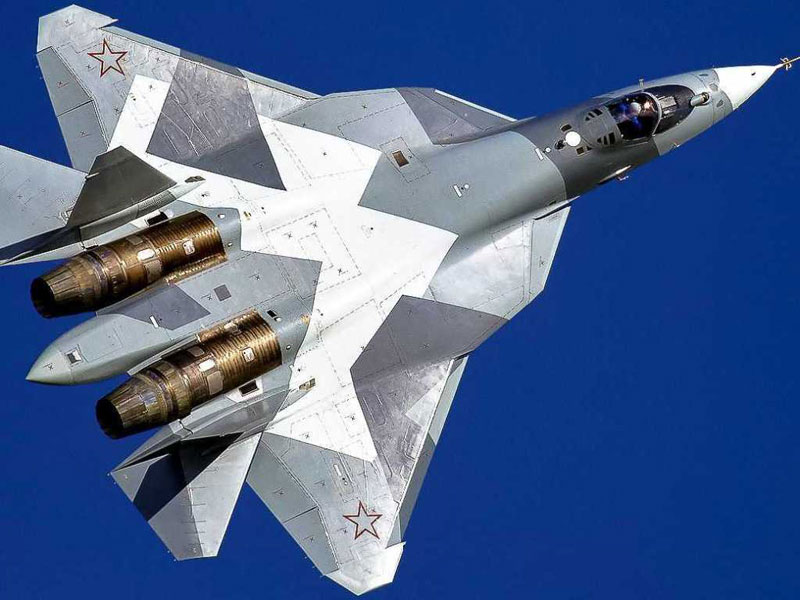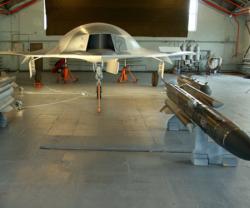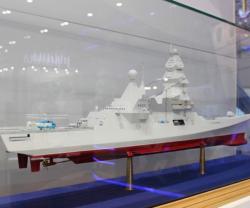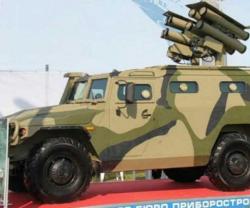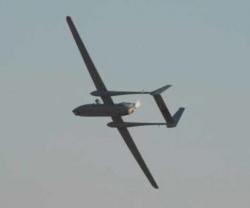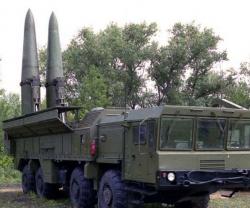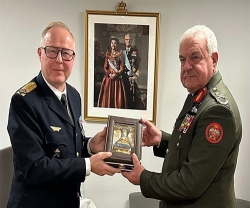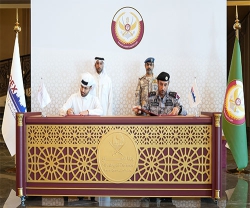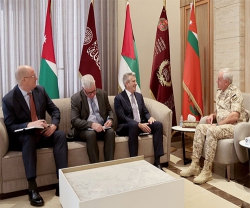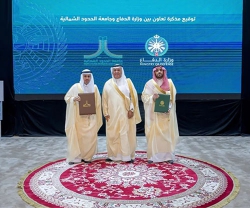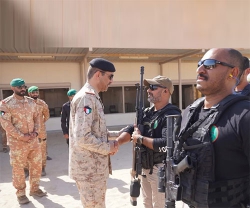The Russian defense spending will grow 0.8% in comparison with 2015, and will total some 3.1 trillion rubles ($50.1 billion at the current exchange rate), or 4% of GDP, according to the federal budget draft for 2016.
In comparison, the 2016 US National Defense Authorization Act (NDAA) approved by the Senate in October, authorized $612 billion in military spending, including $38 billion in overseas contingency funding.
According to the new Russian draft, spending on social policies will increase by 6.4% in 2016 and will total $72 billion, or 5.7% of the country's GDP.
Pension spending is expected to total $59.8 billion, which is 7.7% higher than in 2015.
Meanwhile, the Russian Aerospace Forces space command said the network’s first satellite was expected to be launched into high-elliptic orbit in November.
“In the interest of the Defense Ministry and Roscosmos, military representatives received six Soyuz and Proton carrier rockets, two Briz-M upper-stage rockets, two satellites for the EKS Integrated Space System,” Borisov said.
Up to 10 satellites are expected to enter into service by 2018.
Defense Minister Sergei Shoigu announced in October 2014 that Russia had started the development of a new unified network to detect ballistic missile launches. The system would comprise new-generation satellites, new ground-based space monitoring stations and advanced computer networks.

